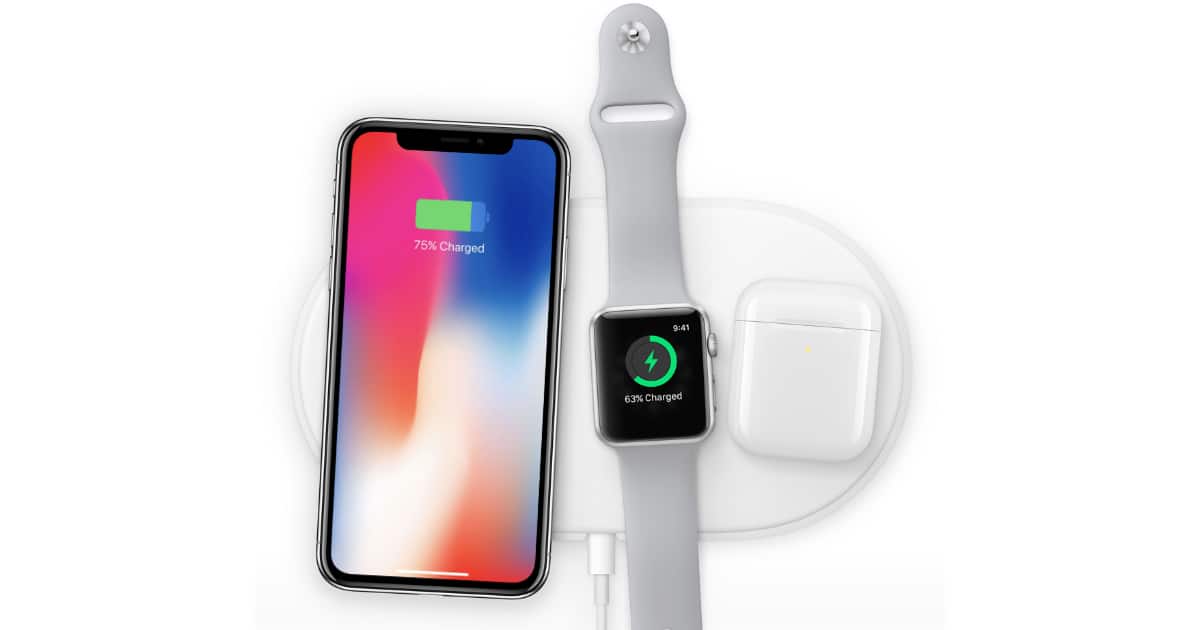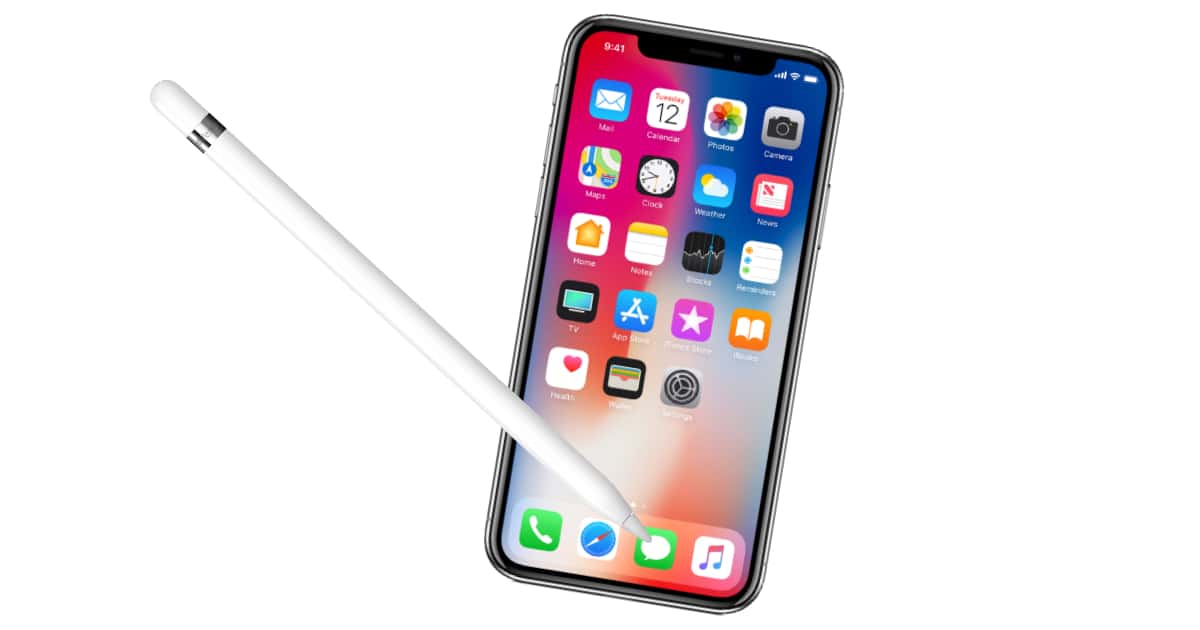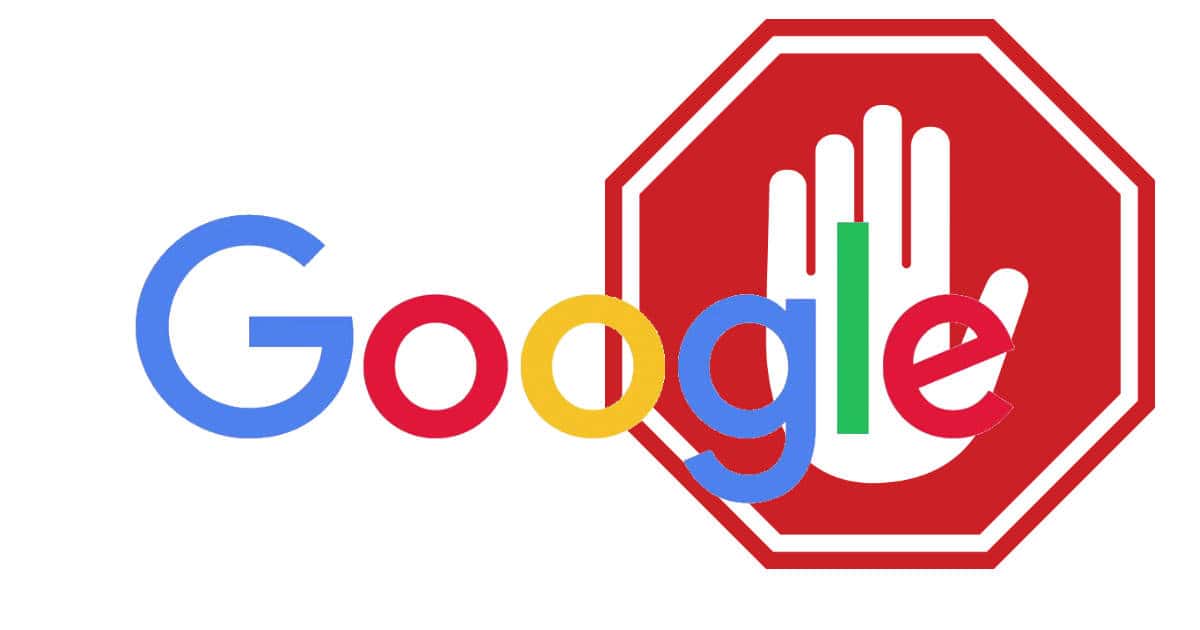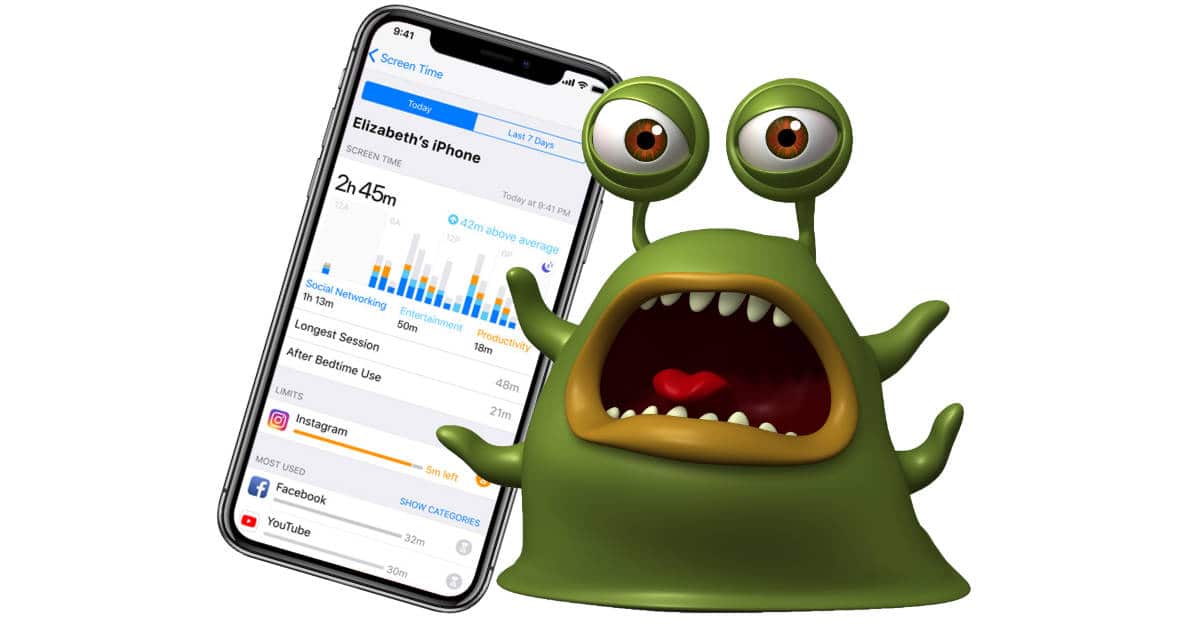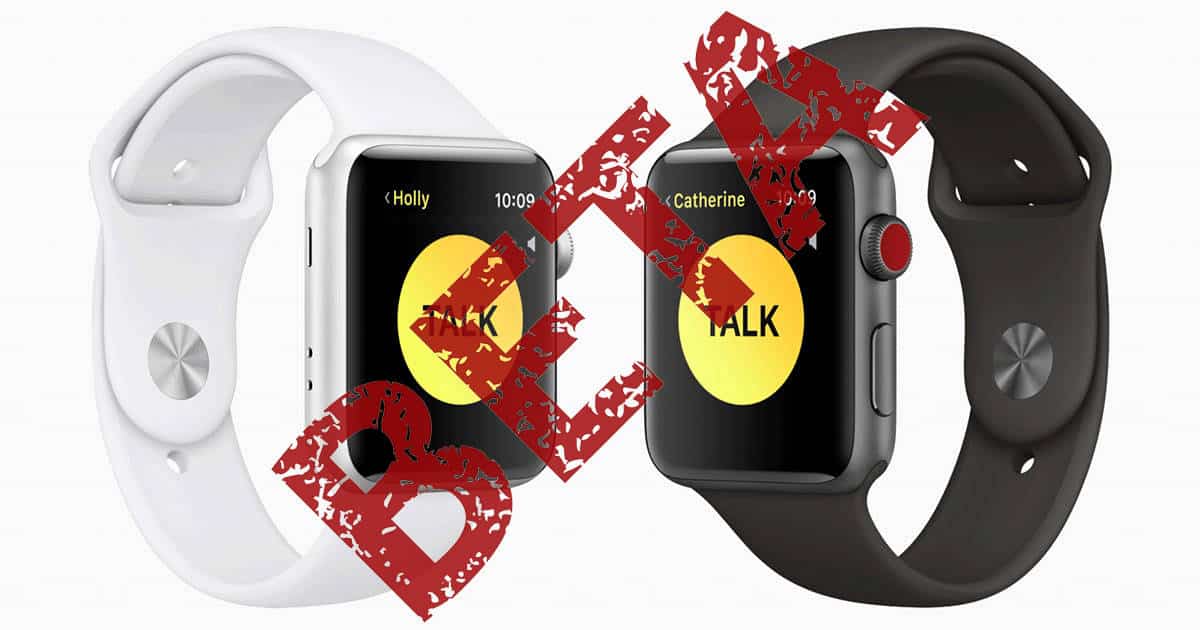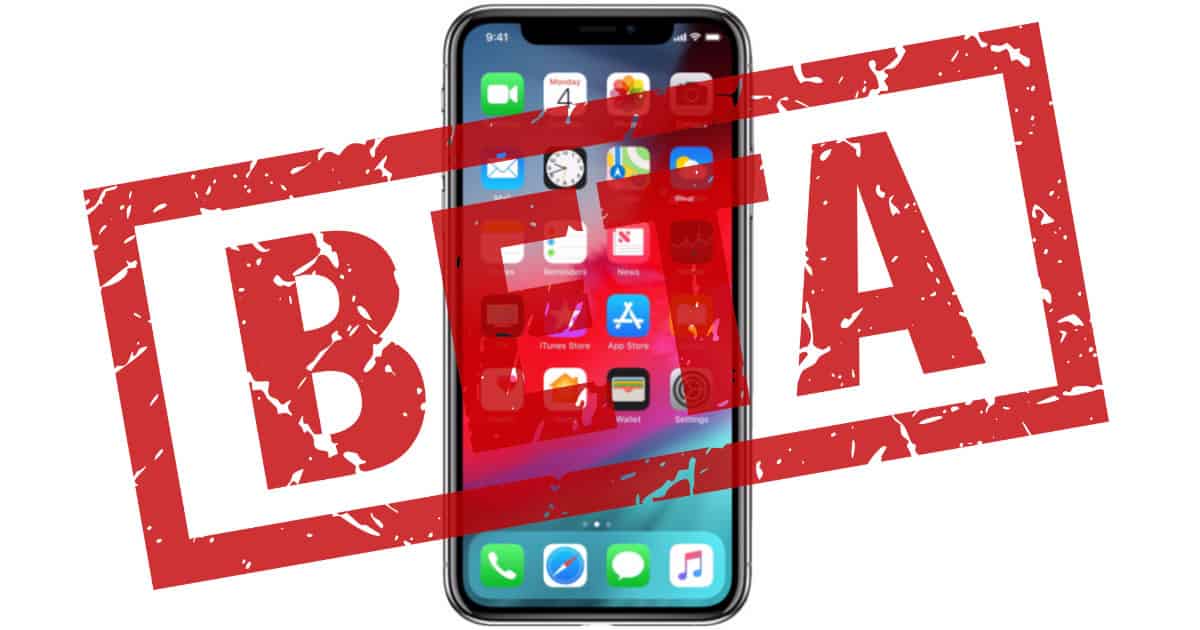Apple’s still unreleased AirPods wireless charging case may support any Qi charging pad.

Jeff Gamet
Jeff Gamet is the Mac Observer’s Managing Editor, and co-host of the Apple Context Machine podcast. He is the author of “The Designer’s Guide to Mac OS X” from Peachpit Press, and writes for several design-related publications. Jeff has presented at events such as Macworld Expo, the RSA Conference, and the Mac Computer Expo. In all his spare time, he also hosts TMO’s Daily Observations podcast, co-hosts The iOS Show podcast, and makes guest appearances on several other shows, too. Jeff dreams in HD.
Articles by Jeff Gamet
Samsung Portrays Apple Employees as Idiots, So ZDNET Put that to the Test
Samsung’s latest Galaxy Note 9 marketing campaign bags on Apple store employees, portraying them as bumbling fools blindly pushing iPhones. ZDNET decided to put that to the test. Spoiler alert: they aren’t. My take is that the employee in the ads is a proxy for Apple customers and Samsung is saying you’re stupid for buying an iPhone. They do more to bolster people who are already Samsung customers, and if all your ad campaign does is slam the competition what does that really say about your product?
Report Says iPhone Could get Apple Pencil Support this Year
Apple Pencil support may be coming to the iPhone this year, or so says TrendForce.
iOS 12 Developer Beta 7 Problems, Google's Creepy Location Tracking - TMO Daily Observations 2018-08-14
Andrew Orr and Dave Hamilton join Jeff Gamet to discuss Apple’s released—and now pulled—iOS 12 developer beta 7, plus they look at how Google tracks you even when you think they aren’t.
Here's How to Stop Google from Tracking Your Location
Google loves collecting as much data on our activities as it can, and that includes your location—even if you thought you disabled the “feature.” Here’s how to really stop Google from logging where you are.
Apple Pulls iOS 12 Developer Beta 7 Over Performance Issues
Apple released iOS 12 developer beta 7 for the iPhone and iPad on Monday, but later pulled the update following reports of performance issues.
Apple Pulls Group FaceTime from iOS 12, macOS Mojave Betas
Apple pulled Group FaceTime calling from iOS 12 developer beta 7 and macOS Mojave developer beta 7 saying it plans to bring the feature back later this year.
Left Handed Day, Perseid Meteor Shower Tips - TMO Daily Observations 2018-08-13
John Martellaro and Bryan Chaffin join Jeff Gamet to share some tips for International Left Handed Day, along with how to photograph the Perseid meteor shower.
Apple Updates watchOS 5 to Beta 7 for Developers
watchOS 5 developer beta 7 for the Apple Watch is out, along with iOS 12 and macOS Mojave developer beta 7.
tvOS 12 Developer Beta 7 Ready for Download
The fourth generation Apple TV and Apple TV 4K got some beta love with the release tvOS 12 Developer Beta 7 on Monday.
Apple Releases macOS Mojave Developer Beta 7
Apple released macOS Mojave developer beta 7 on Monday to go along with iOS 12 developer beta 7.
Apple Rolls Out iOS 12 Developer Beta 7 for iPhone, iPad
Just a week after releasing iOS 12 developer beta 6, Apple rolled out iOS 12 developer beta 7 for the iPhone, iPad, and iPod touch on Monday.
Apple Updates iOS 12 Shortcuts to Beta 2 for Developers
Apple released Shortcuts beta 2 for iOS 12 just before the weekend. The update adds in HomeKit support, but right now it’s very limited.
Check Out these Apps and Tips for International Left Handed Day
August 13th is International Left Handers Day, which means it’s time to celebrate those the southpaws among us. Check out the tips, apps, and other products we rounded up to mark the occasion.
Trump, Cook Have Dinner, Likely Discussed Tariffs
Apple CEO Tim Cook had dinner with Donald Trump last Friday and there’s a good chance they discussed the the tariffs the White House is imposing on China.
Apple's Mac MDM Security Flaw is Bad, but Probably Won't Impact You
Security researchers found a way to compromise a Mac out of the box before the user even logs in for the first time, but it’s hard to do, and has already been patched.
The Hackindog Episode - TMO Daily Observations 2018-08-10
Dave Hamilton and John Martellaro join Jeff Gamet to look at Apple’s ongoing problems with the 2018 Touch Bar MacBook Pro, and Pandora’s plan to improve podcast discoverability. John also inspires Jeff to coin the term “hackindog.”
New MacBook Pro Problems Move from Throttling to Buzzing Speakers
Apple addressed the processor throttling issue in the 2018 Touch Bar MacBook Pro, so now engineers can move on to the next problem: crackling speakers. Both the 13-inch and 15-inch models seem to suffer a problem where buzzing or crackling sounds randomly happen when audio is playing on the laptop’s built-in speakers. From TNW:
It’s unclear at this time what’s causing the issue, although a source familiar with the matter tells TNW the company is aware of the issue, and looking into it. Finding the cause, though, could be troublesome. User reports, so far, are all over the map.
It could be a hardware problem, or it could be software. Regardless, it seems like Apple’s headaches with the new MacBook Pro models aren’t over yet. And all I got with my 2016 Touch Bar MacBook Pro was a defective keyboard design.
Denon, Marantz Receivers get AirPlay 2 Support Update
Some AV receivers from Denon and Marantz now support AirPlay 2 thanks to new firmware updates.
Doug Field Returns to Apple from Tesla for Project Titan
Doug Field left Tesla and is returning to Apple to work on Project Titan, Apple’s self-driving car, with Bob Mansfield.
Apple and Privacy Protection, Anki Vector Robot - TMO Daily Observations 2018-08-09
Adam Christianson from the Maccast and Andrew Orr join Jeff Gamet to share their thoughts on whether or not Apple is doing enough to protect our privacy, plus they have some first impressions on Anki’s new Vector robot.
Comcast Security Flaw Exposed Addresses, Social Security Numbers for 26.5M Customers
A design flaw in Comcast’s online payment portal exposed partial home addresses and social security numbers for 26.5 million customers. The flaw displayed the first number and street name for addresses, and the last four digits in social security numbers. Buzzfeed broke the news, and Comcast quickly patched the flaw. Comcast says no one exploited the flaw, and they had it patched within hours of learning about it. Still, the fact that nearly anyone had access to the information is pretty creepy.
Apple: Infowars App Can Stay on App Store
Apple removed the Infowars podcasts from its iTunes listings citing hate speech violations, but is letting the Infowars Official app stay on its iPhone and iPad App Store. Why remove the podcasts, but not the app, since they all offer the same content? Even though the podcasts violate Apple’s guidelines, the app doesn’t. In a statement to Buzzfeed, Apple said,
We strongly support all points of view being represented on the App Store, as long as the apps are respectful to users with differing opinions, and follow our clear guidelines, ensuring the App Store is a safe marketplace for all. We continue to monitor apps for violations of our guidelines and if we find content that violates our guidelines and is harmful to users we will remove those apps from the store as we have done previously.
The problem here is that Apple’s App Store guidelines Alex Jones Infowars App Still on App Store Even After Podcasts Were Blocked, and they’re apparently different than the iTunes Store guidelines for podcasts. It’s confusing for content creators and consumers. Apple is well within its rights to block podcasts and apps for any reason, even if they’re arbitrary. I’d prefer, however, if Apple’s guidelines were clear and consistently enforced.
Apple Versus Infowars, Pachinko TV Series - TMO Daily Observations 2018-08-08
Kelly Guimont and John Martellaro join Jeff Gamet to look at Apple delisting the Infowars podcasts while leaving the app on the App Store, plus they share their thoughts on Apple’s deal for the Pachinko TV series and diversity in programming.
